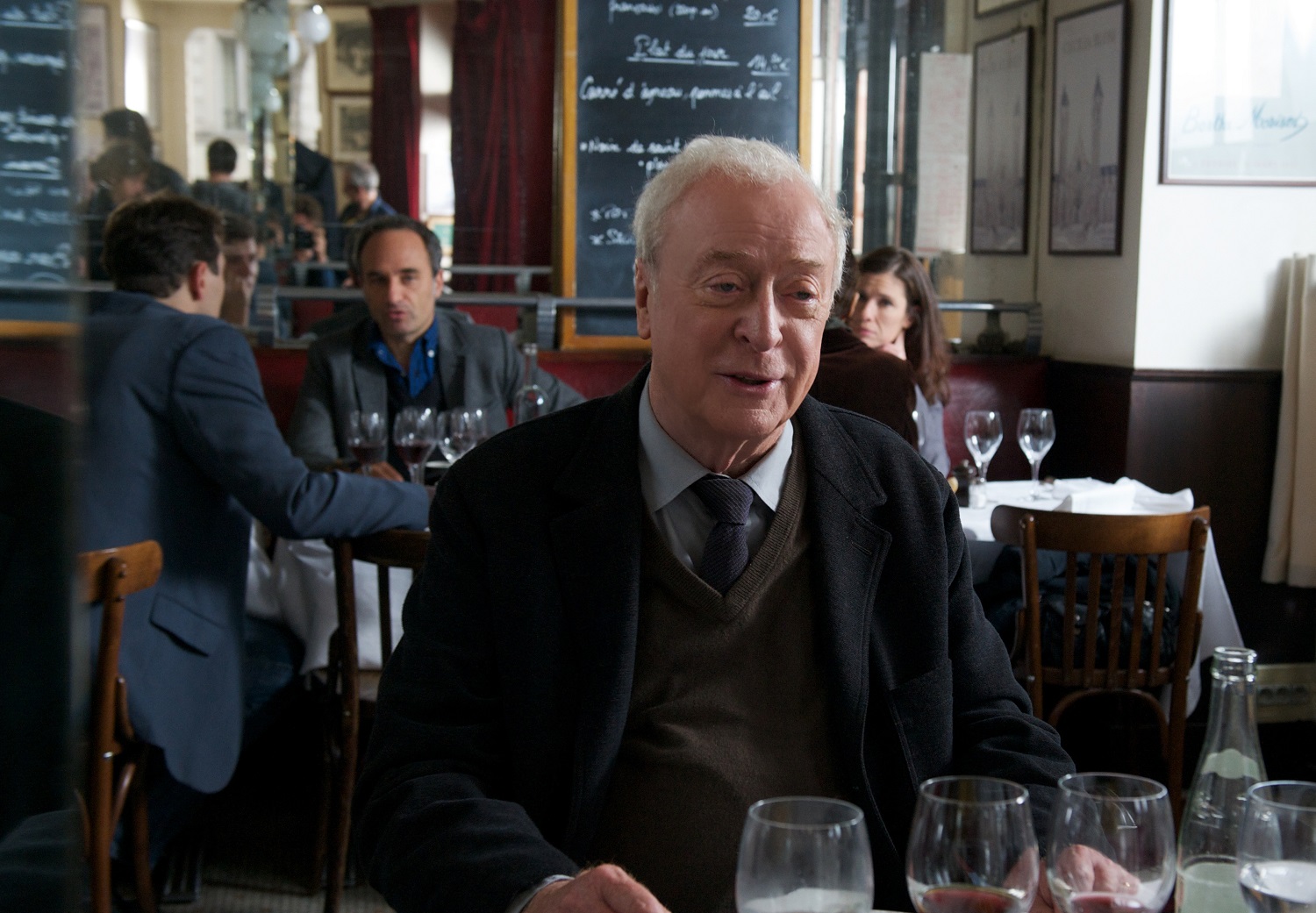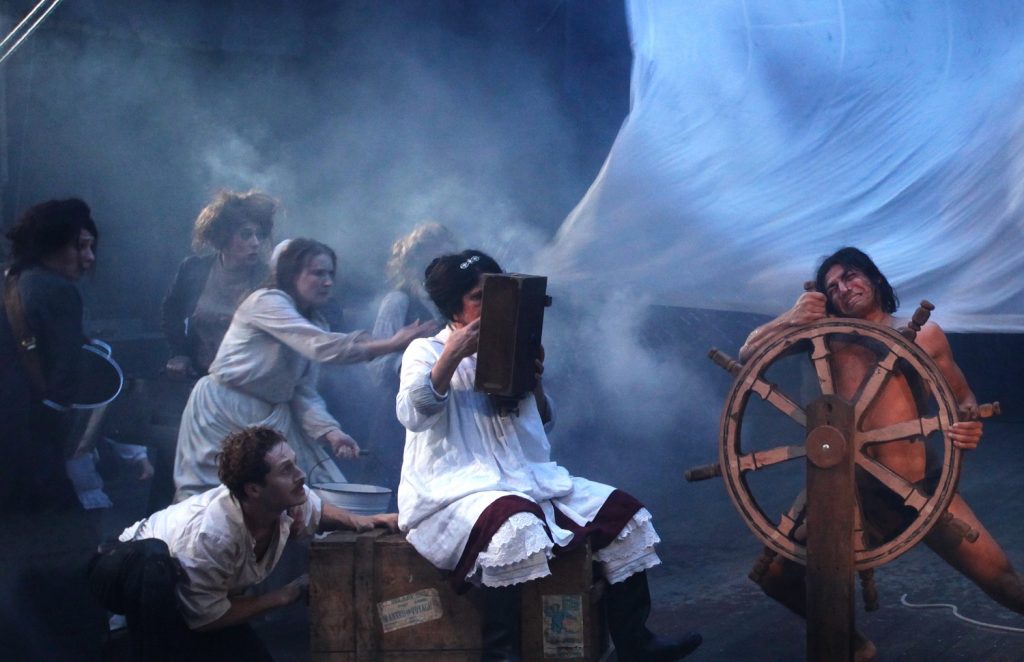There is something fundamentally schizophrenic about the Filmfest Munich. Being the second largest German film festival nationwide, it is proud to be “the place to be” for industry and guests alike. Every year, the entire German filmmaking elite gathers for some Bavarian beer and sausages to discuss the upcoming productions, watch the newest of German cinema and TV and of course, party like there is no tomorrow. However, this fest is one of the few to exhibit international productions. And now we come to the crux of the matter. Right at the opening ceremony, festival director Diana Iljine said that they would love to have themselves some Angelina Jolie and Tom Cruise, but alas the big Hollywood elite has not shown up. Nevertheless, this year’s fest is graced with the presence (and new film) of Sir Michael Caine for the CineMerit Lifetime Achievement award as well as flamboyant and refreshingly eccentric Alejandro Jodorowsky (whose name was already pronounced in about four different ways with none of them actually being correct) for his retrospective.
And rest assured, despite them both being in their eighties, they sure know how to please a crowd and get the party started–even with us Germans, who chronically suffer from mental and physical stiffness. Having Jodorowsky on stage reading the Tarot cards to Nicolas Winding-Refn, his quasi adopted son, who is also here to present his newest piece Only God Forgives, and chatting away about how he thinks Steven Spielberg is “Disney’s son fucking Minnie Mouse” is so enchanting that even Tom Cruise riding Angelina Jolie piggyback would not be more entertaining.
Filmfest Munich might be missing grand names, but looking at the line-up and the festival’s approach to fostering independent filmmaking it is, it seems, not in need of mainstream cachet. Especially with its approach to American independent films (I am talking real indies, not Weinstein-funded medium size stuff) this festival is unique. Seeing Nick Cassavetes Yellow in a room full of proper Bavarians was a blast and the best place for this film to be.
The hallucinatory road trip of completely messes up Mary (Heather Wahlquist), who pops Xanax, pain killers and other little yellow pills as if they were M&Ms, made people roar with laughter and excitement. The elder patron next to me needed explanation as to what Xanax actually was, but giving her the quick guide to American happy pills, she fully accepted that Melanie Griffith was a goat eating, a freshly grilled and still hairy man, while indulging in the most open and frank family conversation American cinema has ever seen. Cassavetes’ whole approach to his protagonist—and his entire country for that matter— being completely insane, but actually not giving a damn, was greatly appreciated.
But enough of men in cinema. This year’s edition is packed with women in front of and behind the camera. Looking at the multitude of films presented here, it is hard to believe Cannes helmer Thierry Fremaux’s comment that there aren’t enough women making good enough films to feature them in competition. Films like Mira Nair’s The Reluctant Fundamentalist, Ariane Mnouchkine’s eccentric Les Naufragés du Fol Espoir and Sandra Nettelbeck’s tender Mr. Morgan’s Last Love render his statement nonsense.
The scope of these women’s works—from documentary to traditional fictional storytelling, to highly stylized commedia dell’ arte theater-film hybrid—create a formidable body of work which even the most frequent of filmgoers have not seen in such density. But being a woman filmmaker will not keep you from failing—Caroline Link’s opening film Exit Marrakech is an excellent example of that. Link is one of the finest German filmmaker exports. Having won the Oscar for Nowhere in Africa in 2003, she returns to Africa once more. Set at the backdrop of buzzing Marrakech, Link tries to unfold the coming-of-age drama of a young German boy who suffers from his parent’s divorce and father’s neglect. But the story falls flat, clinging to clichés and using its location in a way that can only be described as colonialistic.
But German cinema has found some new voices to transgress the typical Berliner Schule films which dominated cinema the past years. Frauke Finsterwald’s Finsterworld might just be the first morbidly funny and Lynchesque German film of all times (I know, the English will yawn but alas, this is indeed a small revolution for Germans), while director Jakob Lass has made the world’s first FOGMA film Love Steaks (like Dogma, just much more fun and much less moody Lars von Trier).
Leaving Fimfest Munich this year, one is certainly not only hopeful but excited as to what will happen next. Watch out world, there might be a film fest of exuberant indie glory in the making—if they dare to be indie, that is.










